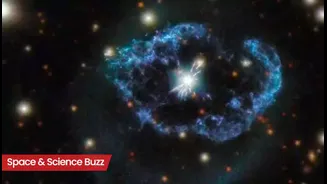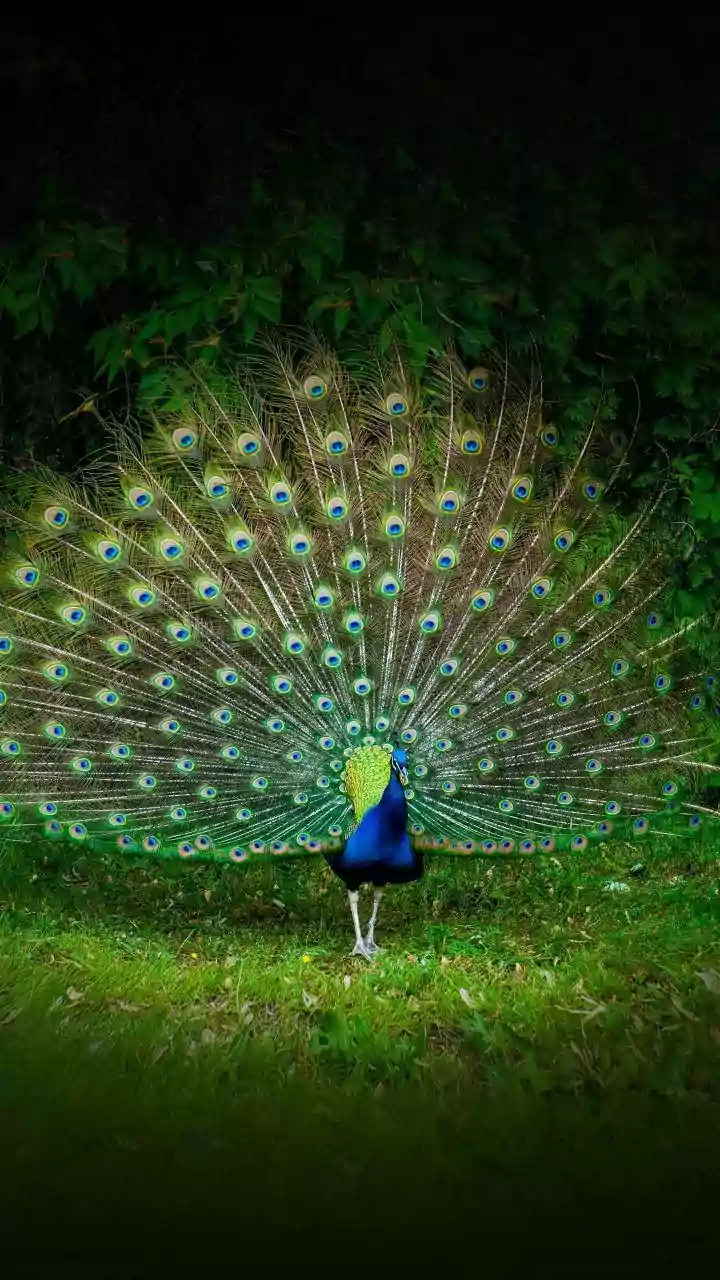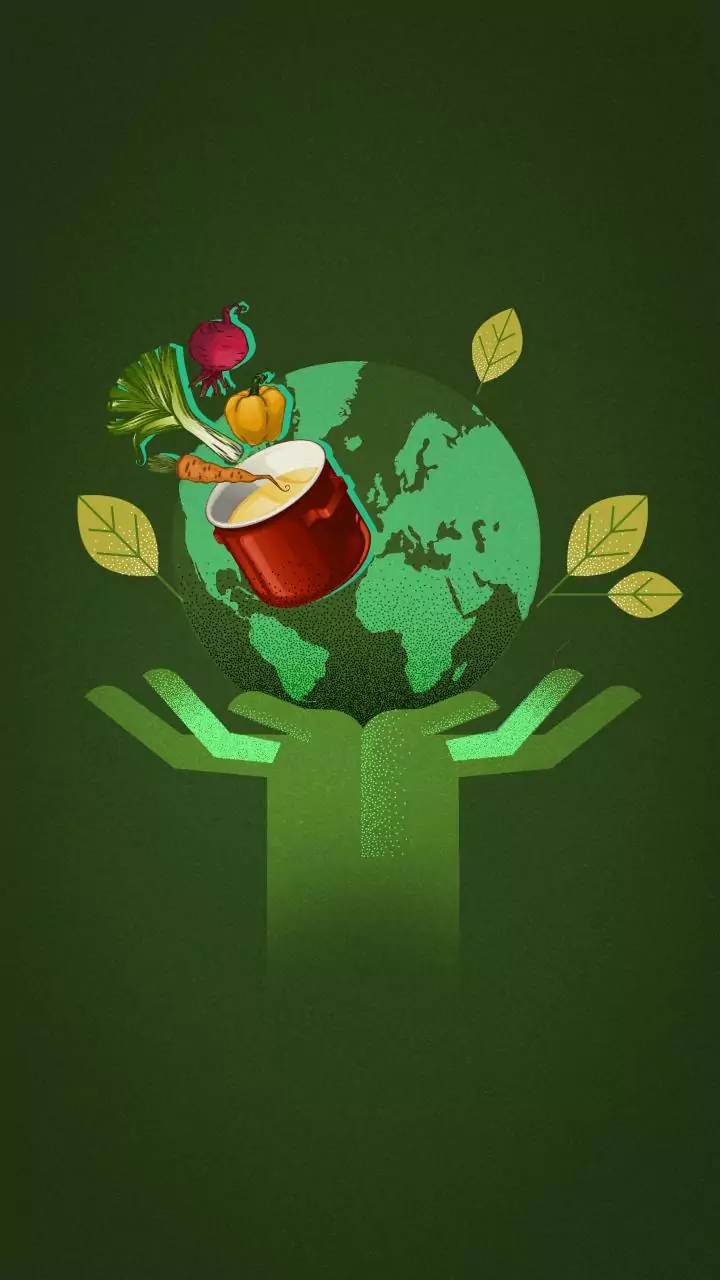Here are today’s most important updates from the realm of Science and Space.
Cosmic Twist: Scientists Find Signs the Universe’s Expansion Is Decelerating
For decades, scientists have believed that the universe is expanding at an ever-accelerating
pace, a discovery that earned a Nobel Prize and reshaped modern cosmology. But now, a new study has cast serious doubt on that long-held idea, suggesting instead that the universe's expansion may actually be slowing down. If proven true, this finding could completely change our understanding of the cosmos and its ultimate fate. Rather than expanding forever, the universe could one day stop growing and begin to collapse in a "big crunch," a reverse version of the big bang. The researchers behind this study also believe that dark energy, the mysterious force thought to drive cosmic acceleration, may be weakening over time.
Bringing Nature Inside? Here’s the Exact Balance That Lowers Stress, Says Stanford
A new study by researchers from Stanford University has revealed that while having some plants indoors can boost our mood, filling a room with too many may actually make us feel stressed. The results showed that a few potted plants and a window view of trees made people feel more relaxed and connected. But when the number of plants increased, participants began to feel more stressed. Researchers noted that participants' stress levels were highest when approximately 60 percent of the room was filled with plants and wood. The results of the study revealed that some natural elements in a room are beneficial for mental health, but too much greenery can also cause stress.
Extreme Science: New Ice Born Under Pressure Equal to 34,000 Elephants
Researchers announced a groundbreaking discovery in water science: the identification of a new crystalline ice phase named Ice XXI. This marks the 21st known form of ice and was observed for the first time under ultrahigh pressure conditions exceeding 2 gigapascals (GPa) at room temperature, observed at unprecedented microsecond timescales. 2 GPa is an enormous pressure, roughly what’s used to synthesise diamonds in labs or what materials experience deep inside the Earth’s mantle. Analogically, it's equal to 34,000 elephants standing together on an area of just one square meter.
New Study Reveals Hair Follicles Help Skin Heal Itself Quicker
The skin contains two main types of adult stem cells: epidermal stem cells and hair follicle stem cells. Normally, each type has a clear role: one maintains the skin while the other supports hair growth. However, research from Rockefeller University has revealed that hair follicle stem cells (HFSCs) are surprisingly adaptable. When the skin is injured, these cells can switch from growing hair to helping repair the wound. The same research team has now identified the key signal behind this transformation. Hair follicle stem cells respond to what's called an integrated stress response (ISR), a cellular alert system that helps them conserve energy and focus on survival tasks.


























